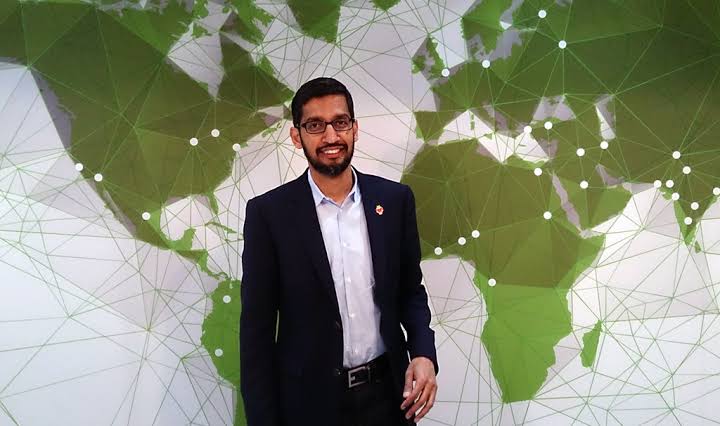The battle between tech giants and the United States government’s antitrust investigation took a significant turn when Sundar Pichai, the CEO of Google and parent Alphabet, took the stand at the US District Court for the District of Columbia. Pichai took the witness stand in what is shaping up to be a historic courtroom showdown, as well as the largest tech antitrust trial in the US since the Microsoft case of the 1990s. The trial, ongoing at the US District Court for the District of Columbia, will determine whether Google acted unlawfully to maintain its dominance in online search and search advertising.
The trial revolves around allegations made by the US Federal Trade Commission (FTC) that Google has violated antitrust norms to preserve its stronghold in the online search engine and online advertising markets. These accusations claim that Google has deployed a range of strategies to cement its dominant position, potentially hindering competition and consumer choice. Pichai is set to provide a perspective on the company’s practices, investments, and market strategies, and his testimony is central to Google’s defense – especially since a loss on Google’s part will ensure that the company brings a lot of changes to its existing policies.
In his testimony, Pichai spoke that Google Chrome had been launched at a time when the browser market was experiencing a stagnation, and that Microsoft – one of Google’s greatest competitors in the search engine market – was not “incented to improve the browser.” Pichai added that the launch of Chrome amidst this period was a “pretty dramatic improvement.”
The antitrust case against Google centers on contractual agreements that make its search engine the default option on various devices and browsers. One of the most significant agreements is with Apple, where Google reportedly pays over $10 billion annually for this default status. The government’s stance is that these agreements stifle competition, limit choices for consumers, reduce service quality, and increase advertising costs. Pichai defended these agreements, explaining that they were designed to offer users a seamless experience. By making Google the default search engine, Google intended to increase the usage of its products and services, particularly Google search. Despite the significant sums involved, Google maintains that these revenue-sharing agreements are well within the boundaries of the law.
“We realized early on that browsers are critical to how people are able to navigate and use the web,” Pichai said while testifying, adding, “It became very clear early on that if you make the user’s experience better, they would use the web more, they would enjoy using the web more, and they would search more in Google as well.”
Sundar Pichai also asserted that Google’s approach focused on improving user experience to drive more search usage. By making Google’s search engine a fundamental part of Chrome, Google intended to provide a more enjoyable web-browsing experience for its users. This, in turn, would lead to more Google searches, solidifying Google’s position as a dominant player in the search engine market. So far, the company has maintained its stance of making investments to retain its market share in the search engine segment and advertising businesses, and that the allegations of violating laws are unfounded.
To substantiate its approach, Google presented internal data from 2010 that demonstrated the impact of Chrome. The data revealed that users who switched from Microsoft’s Internet Explorer to Chrome conducted 48% more Google searches. Similarly, users who migrated from Mozilla’s Firefox browser to Chrome increased their Google searches by 27%. Some of the upcoming questions that are likely to be asked at the upcoming trial include the measures Google takes to maintain its dominance in the online search and digital ads market, as well as the investments made with the same goal.
The Tech Portal is published by Blue Box Media Private Limited. Our investors have no influence over our reporting. Read our full Ownership and Funding Disclosure →






